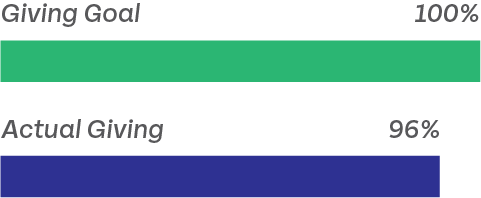
THE FORGE
A Quarterly money and ministry update
"And the Word became flesh and dwelt among us, and we have seen his glory, glory as of the only Son from the Father, full of grace and truth."
— John 1:14
Dear Foundry Family,
Welcome to the second edition of The Forge—our quarterly money and ministry update. I'm grateful you're here.
As we enter Advent, we're exploring how Jesus' arrival wasn't a quiet entrance, but a cosmic disruption. The good kind of disruption. The Incarnation reminds us that God doesn't stay distant—He draws near and brings joy, peace, hope and love. And when we follow Christ, we're called to do the same: to be present with others, helping them know, follow, and share Jesus.
Your generosity makes this possible. Every dollar you give supports life-changing ministry—students discovering faith, families growing deeper in Christ, mission work extending God's Kingdom around the world.
As you'll see in our financial report, we need strong year-end giving to finish 2025 well. God always provides—and He does so through you. I invite you to look at the snapshot of where we are and prayerfully consider how God might be calling you to give.
Inside, you'll find:
A financial report for the year to date.
A practical Year-End Giving Guide with strategies by age to help you give more effectively
Justin and Lane Clark's testimony about their journey from inconsistent to intentional giving
Mission updates
And more opportunities to learn and grow
My prayer is that this resource helps you steward well what God has entrusted to you—so together, we can maximize Kingdom impact.
With gratitude,
Pastor Ray
2025 Giving
January - December 2025
What We’ve Recieved
$3,922,367
Given So Far
What Was Expected
$4,087,407
Needed By This Point
The Gap
$-23,219
Behind Budget
Visual Snapshot
We ended the year slightly below our goal, and we remain deeply grateful for your faithful generosity.
Every dollar given helps support our ministries, outreach, and day-to-day operations. Thank you for partnering with us through your giving.
Why This Matters
We are truly thankful for your continued faithfulness and generosity. If you haven’t begun giving yet, or if you feel led to increase your giving, now is a meaningful time to take that step.
Encouragment

$5,660,407
Total Amount Pledged
$2,524,199
Total Pledges Received
From Seeds to Harvest: A Biblical Approach to Wise Money Management
The amount of dollars (seeds) we earn over a lifetime can be a huge sum, but if those seeds are not managed wisely, much of what we earn can be scattered and lost. When we take a purposeful, biblical approach—treating our finances as seeds entrusted to us by God—we can multiply what has been given into an abundant harvest that blesses our families, advances His work, and secures our future.
1. Stewardship
Before we can manage money well, we must understand who owns it. Psalm 24:1 declares, “The earth is the Lord’s, and everything in it.” That means our resources—our time, gifts, possessions, and even our ability to earn—belong to Him. We are merely trustees. When we embrace this truth, financial planning transforms from a mere task into an act of worship and obedience.
2. Beginning with the End in Mind
To manage God’s blessings well, we should first discover our gifts, purpose, and goals. Understanding our “why” motivates us to align our money with our values. Psalm 32:8 promises: “I will instruct you and teach you in the way you should go.” Proverbs 15:22 adds: “Plans fail for lack of counsel, but with many advisers they succeed.”
3. How to Start
Managing a budget (cash flow planning) may not sound exciting, but it is one of the most powerful tools for planting seeds of wealth and creating lasting impact. Many of us are surprised to learn how much we spend, which often leads to unnecessary debt. The START framework provides a simple guide:
S – Seek God’s wisdom and ask Him to guide our financial decisions.
T – Think about where we are today and where we want to be in the future.
A – Act to develop a written plan that begins with managing our cash flow—so it does not manage us. As they say in West Texas, “Big hat—no cattle” unfortunately describes far too many Americans living beyond their means. Practicing gratitude, distinguishing needs from wants, reducing unnecessary spending, and eliminating the “weeds” of high-interest and unnecessary debt all contribute to growth. Consider partnering with a spouse or trusted friend to share goals, track progress, and stay accountable. Including clear rewards for success and consequences for setbacks can provide added motivation.
R – Review the plan regularly to ensure progress and maintain positive cash flow. Once the cash flow foundation is strong, we can begin planning in other areas such as risk management, investing, tax strategies, retirement, and estate planning.
T – Tune the plan as life changes, aligning new opportunities and goals with God’s purpose while refining broader strategies for long-term growth.
This simple rhythm helps us stay intentional and ensures that our money continues working toward a harvest that matters.
Conclusion
Every dollar we earn is a seed. When planted intentionally—by giving first, saving diligently, spending wisely, and investing for the future—those seeds can grow into a bountiful harvest of gratitude, provision, security, and an enduring legacy.
The hardest part is getting started. But once we take the first step, momentum builds. It’s time to plant. Pray, plan, act, and watch how God multiplies the seeds we sow.
Written by Tim Hudson. Tim has been a member of Foundry since 1997 and is a CERTIFIED FINANCIAL PLANNER™ professional with SilverStar Wealth Management/LifeBridge Financial Group. He can be reached at tim@silverstarwealth.com.
From Inconsistent to Intentional::
Meet Justin and Layne Clark—longtime Foundry members who serve in children's ministry, on the board, and in countless other ways. But their generosity didn't start with confidence. It started with fear.
"I was prideful. I made that deal happen. God didn't negotiate that contract," Justin recalls about his early reluctance to tithe. Like many young couples, they gave here and there, thinking that was good enough. But when Layne faced a serious health crisis, God tugged at their hearts—and they took their first leap of faith.
Justin and Layne Clark's Giving Journey
What happened next changed everything.
In this video, Justin and Layne share how one moment of obedience turned tithing from a burden into a joy—and how teaching their kids to write the checks has shaped their family's rhythm of worship. Their story is a powerful reminder: everything we have truly comes from Him.
Your Generosity in Action: How Giving Makes a Kingdom Impact Around the World
At Foundry, our mission is to help others know, follow, and share Jesus. Your faithful generosity makes this possible—transforming lives here at home and around the world. Here are a few highlights from the field:
Costa Rica: The five churches we partner with are utilizing Foundry's support to conduct discipleship classes—and the impact has been powerful. Each week, they send photos of growing groups eager to follow Jesus. Our partner church in the community of Belen recently took worship to the streets, praying over businesses and the community in a bold display of faith. [photos?]
Compassion International: New Foundry sponsors changed 64 children's lives (and counting!) through Compassion Sunday, investing in their futures with hope, education, and Christ's love.
House of Mercy: A team of seven brought Christmas celebrations and the message of God's love to children at our partner orphanage in Mexico.
Season of Hope: Locally, 222 children received Christmas gifts while you provided 91 food boxes and 70 gift cards to families in need.
From local partnerships to international connections, your faithfulness extends God's kingdom. Grace produces gratitude. Gratitude produces generosity. Generosity produces mission. Thank you for helping people know, follow, and share Jesus.
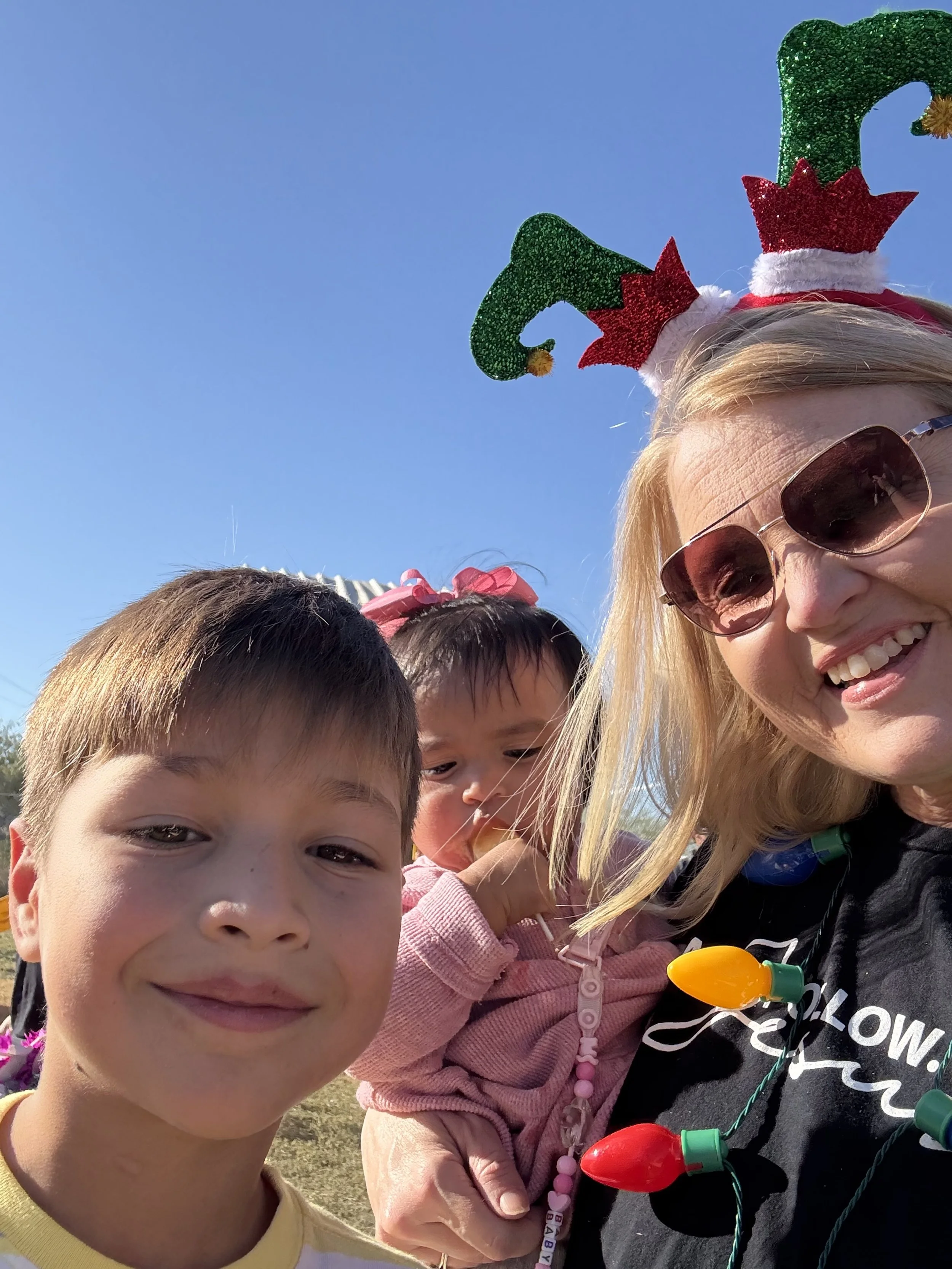
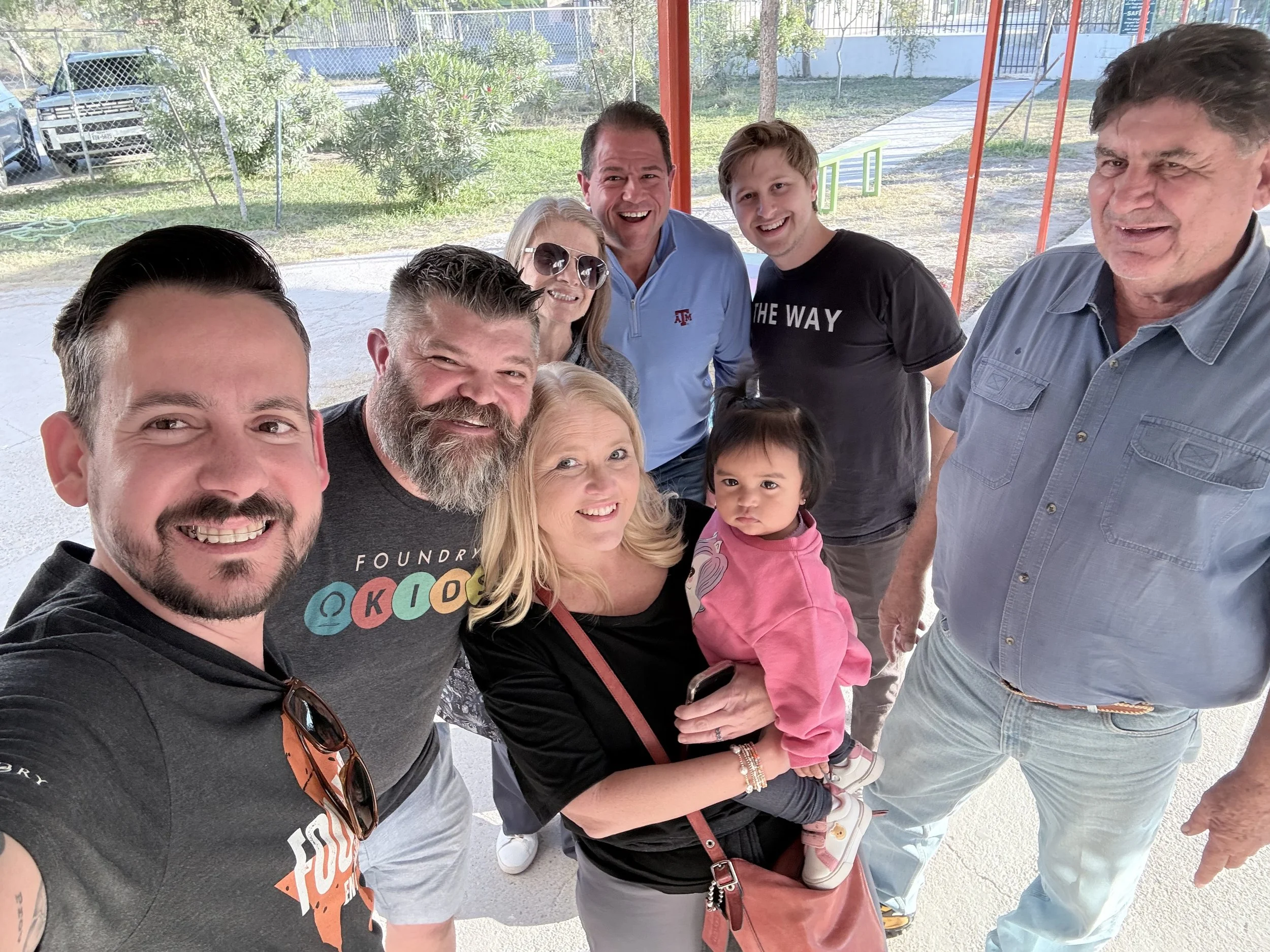
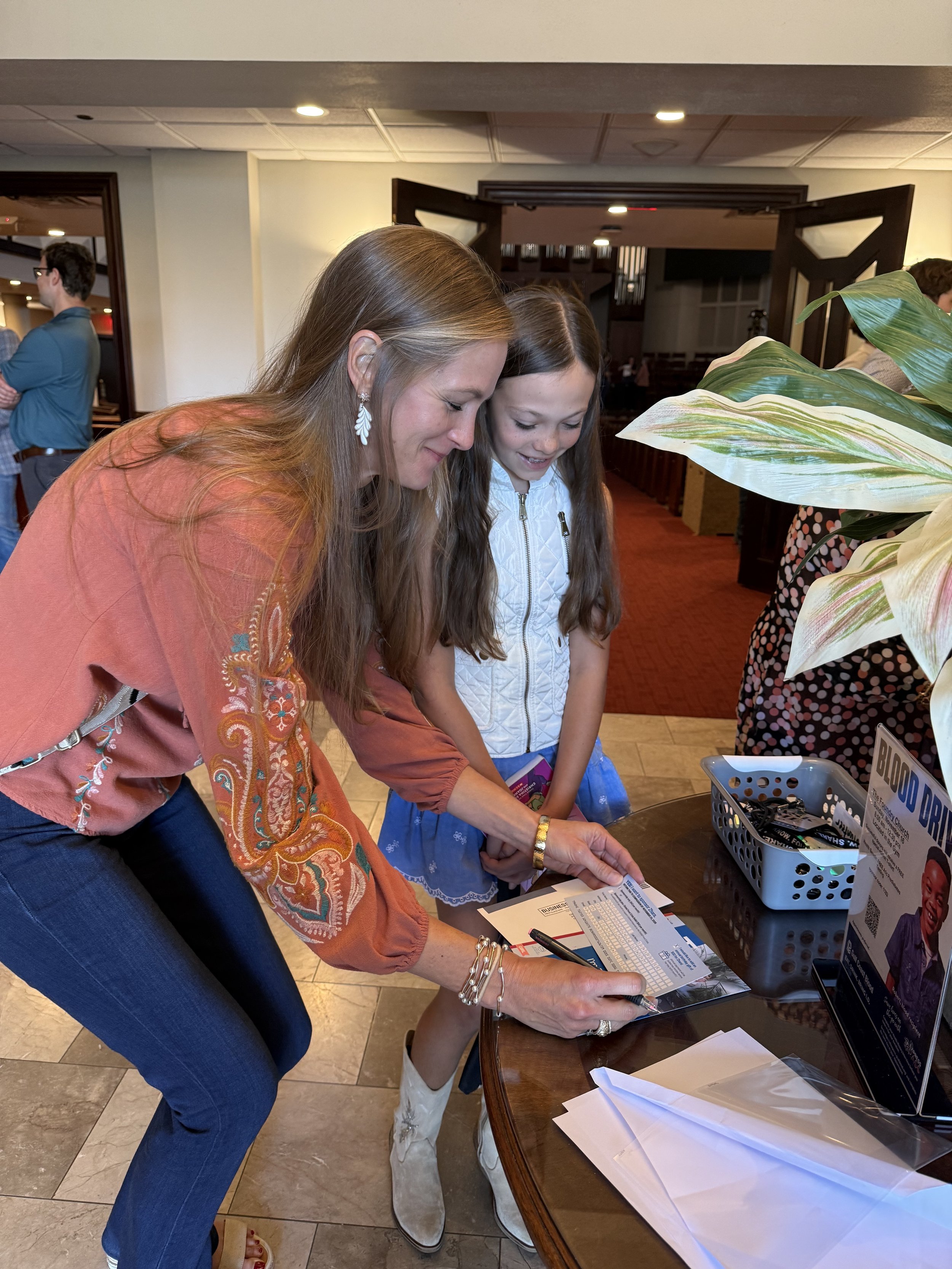
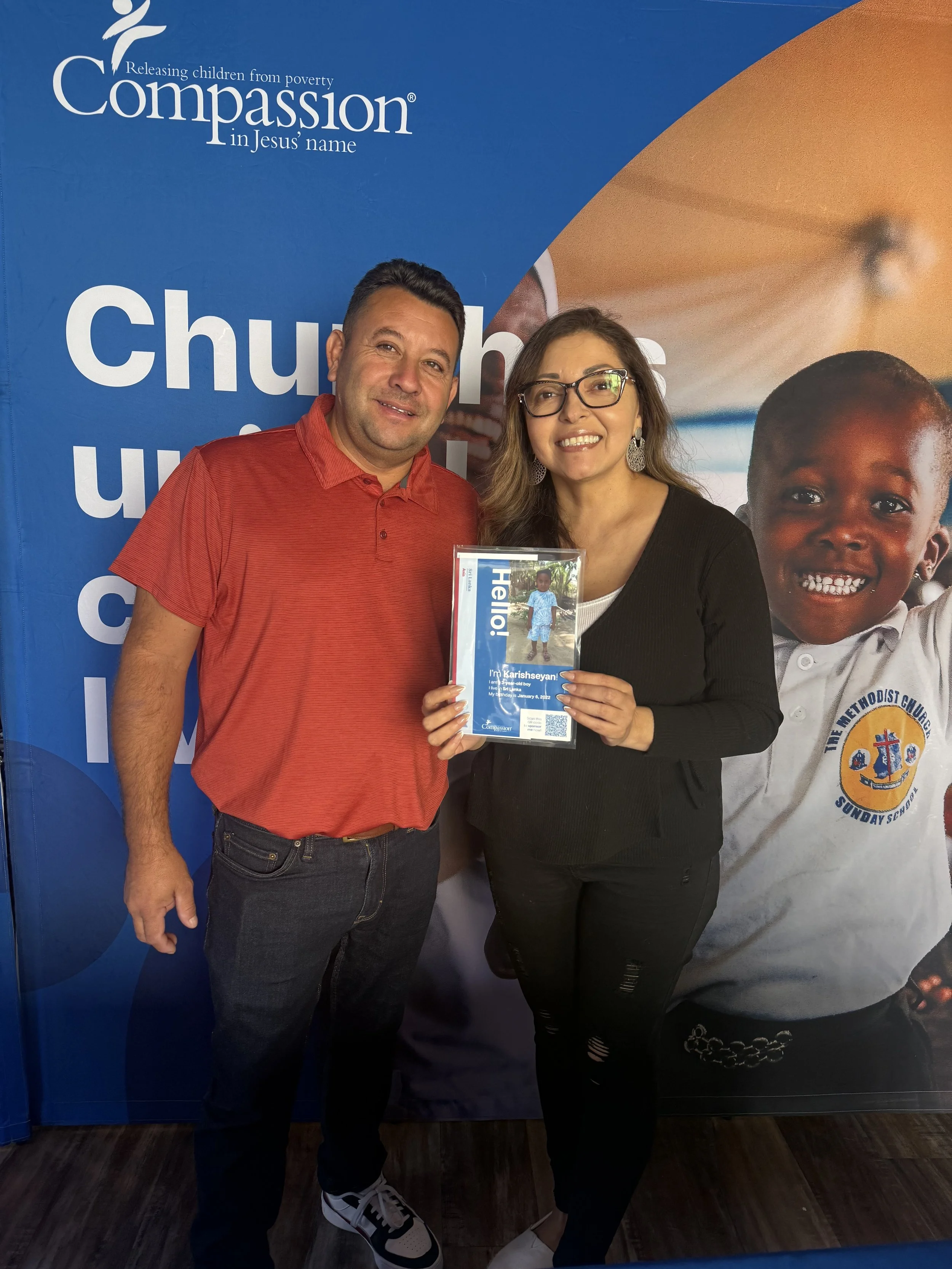
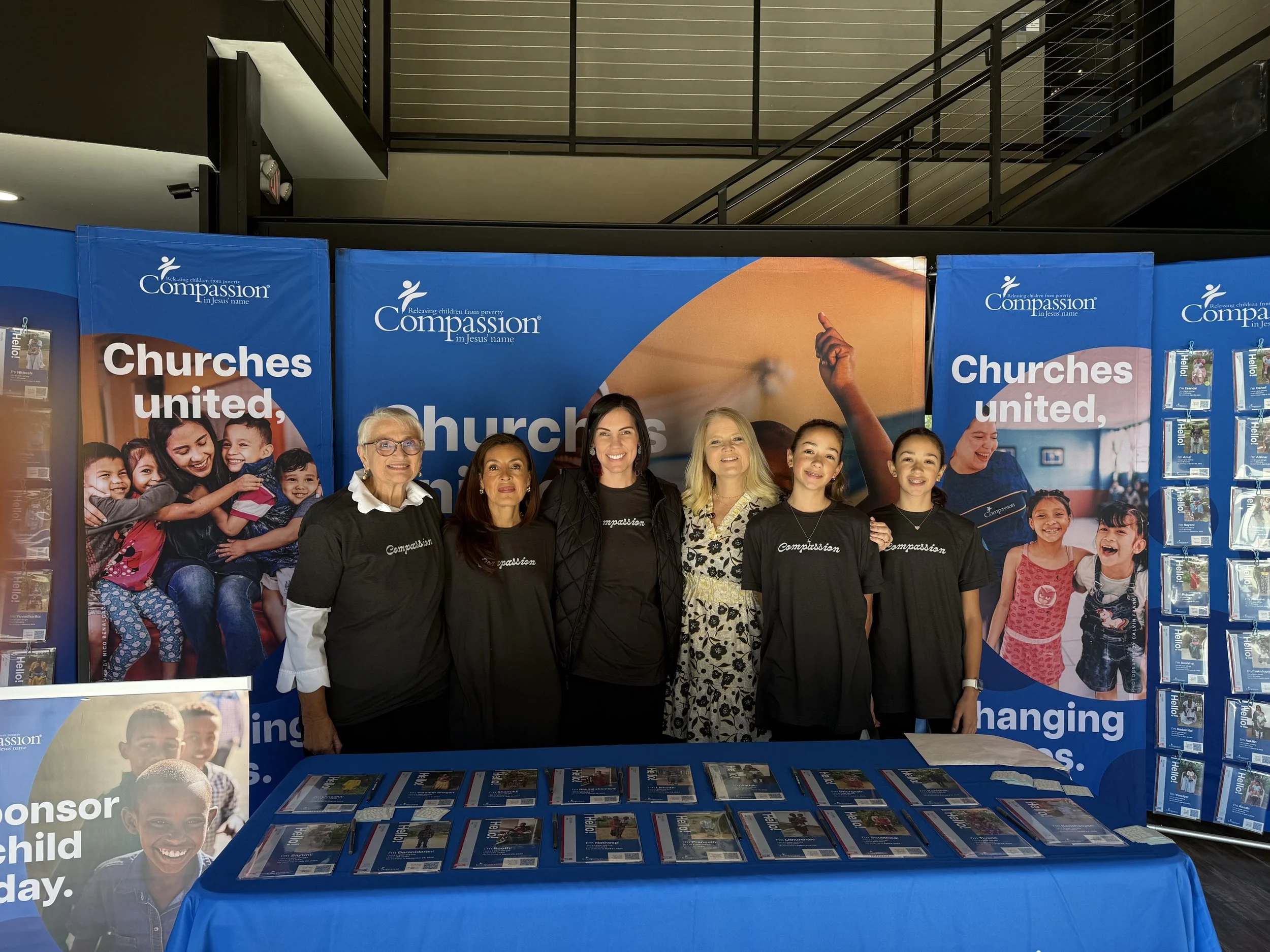


Resources
Deepen your understanding of biblical generosity with these trusted resources:
Books
The Treasure Principle by Randy Alcorn – A compact, powerful look at joyful giving
The Legacy Journey by Dave Ramsey – A radical view of biblical wealth and generosity
Fields of Gold by Andy Stanley – Discovering the hidden value of a generous life
Online Resources
Ramsey Solutions (ramsey.com) – Biblical money management and generosity principles
Crown Financial Ministries (crown.org) – Biblical financial principles and tools
Generous Giving (generousgiving.org) – Stories and teaching on radical generosity

